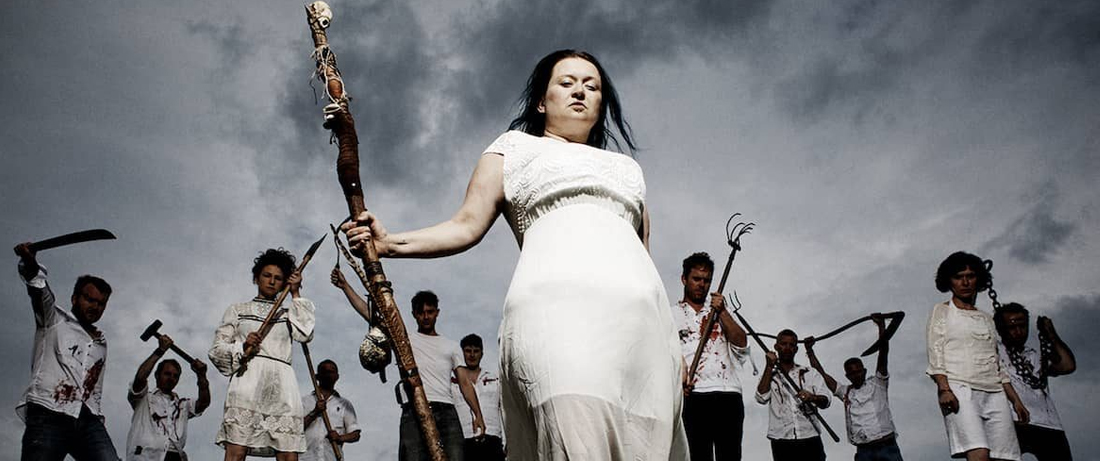
Between 1890 and 1920, theatres and European-style cabarets sprang up all over Egypt. Performers flocked there from all over the Arab world and from Europe. Isadora Duncan, Pavlova and Mistinguette included Cairo in their world tours. At their peak, the most famous female Arabic women singers were earning as much, if not more, than their male counterparts. The 1920s was the heyday of this music and its recordings and these performers can be seen as having struck a blow for the emancipation of women. The Wall Street crash and the associated economic downturn marked the end of the recording industries’ boom years, leaving us a legacy of remarkable performances of immense power.
Winner of The German Critics Award (Preis der deutschen Schallplattenkritik). The award was inaugurated in 1963 to set the “most rigorous standards for supreme achievement” in the field of recording.
“A fascinating variety of vocal styles covering the spectrum from Upper-Egyptian to quintessential Paris.” ★★★★ BBC Music Magazine
“A painstakingly compiled and copiously annotated compendium of sixteen rare sides. One can’t help but compare the rare recording to its equivalents in American Appalachian and country blues music of the time, except for one primary difference – those genres arose from rural life, these Egyptian sounds very much emanate from urban – and urbane – society. Saniyyah Hassaneyn’s “Ataftu Wardah Hamra” (I Plucked a Red Rose) – a vocal so burdened by the weight of the world that Bessie Smith or Billie Holliday could easily have made it their own.” All Music Guide
“Enormously evocative, these recordings open the door to a cast of larger than life characters.” fRoots
“The breadth of styles present on the compilation is remarkable. – an essential addition to both university library collections and private collections of Arab music.” Ethnomusicology
1 Asmar Helwah ya nas uhibuh (Oh people! I love this dark-skinned one)
Sitt Wedoudah al-Manyalawiyyah with Sami al-Shawa
2 Al-Ghairah nar al-ahairah (jealousy is the fire for jealousy)
Badi’ah Masabni
3 Kalam fi sirrak (Words just for you to hear)
Nabawiyyah Ghazal
4 Ashki limin zill el-hawa (Tell me who conquered love)
Munirah al-Mahdiyyah
5 Har al-gawa zad nuhuli (The heat of passionate love has increased my wasting away)
Aqilah Rateb
6 Qabadan Qabadan (Never, Never Mr Ticket Inspector, do not take from this lady the ticket’s fee)
Ratibah Ahmed with Zakariyyah Ahmed
7 Kam ba’athna m’a al nasim salamah (How much peace we have sent with the breeze)
Sourayyah Qaddourah
8 Raqs Badi’ah (The dance of Badi’ah)
Badi’ah Masabni Orchestra
9 Ana bass Saktalak (I am just biding my time)
Fatimah Sirri
10 Ya Khu, ya ‘uli ‘ala eh dah ken (Tell me my brother, what was all that about)
Settoutah ‘Ezzat
11 ‘Ataftu wardah hamra (I plucked a red rose)
Saniyyah Hasseneyn
12 ‘Enda mawti (Upon my death)
Sekinah Hassan
13 Khud lak yawm (Take a day for yourself)
Mufidah Ahmed
14 Ya reytni ‘araf (If only I knew)
Fathiyyah Ahmed
15 Qal eh ya hilif (He swore to me)
Umm Kuthum
16 Bashraf nawa’ather Yusuf Bey
Rose Zahran and Sami al-Shawa

